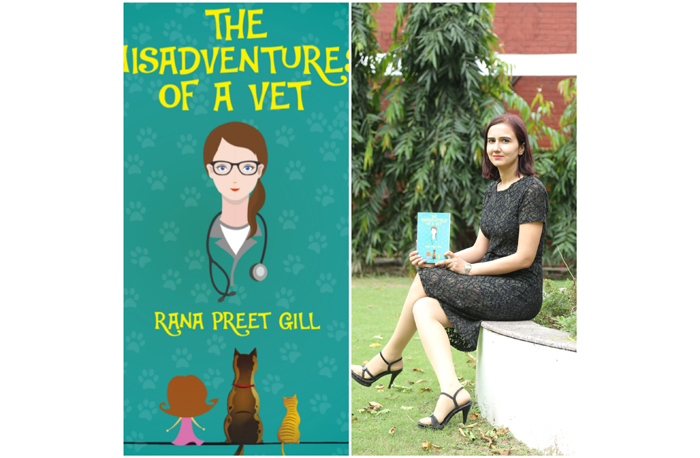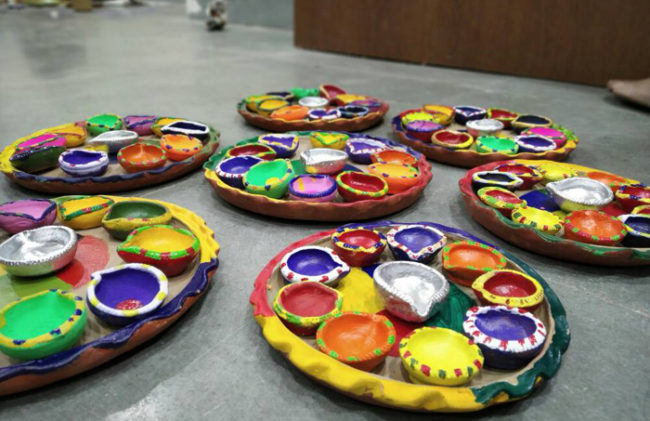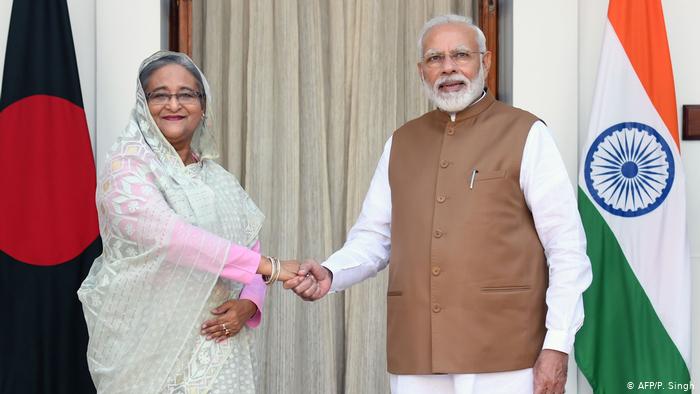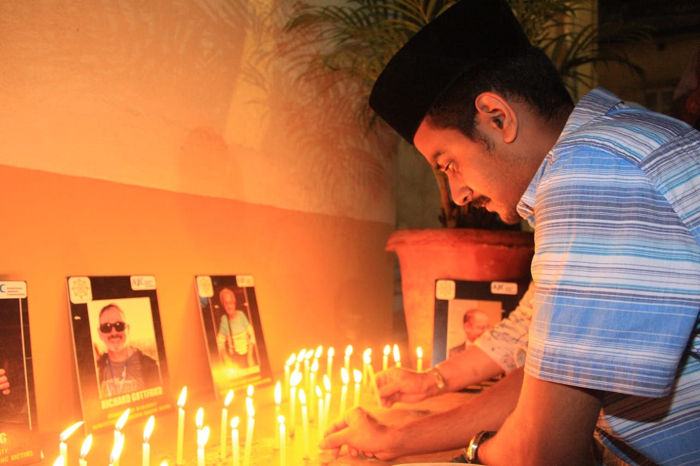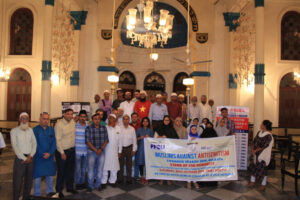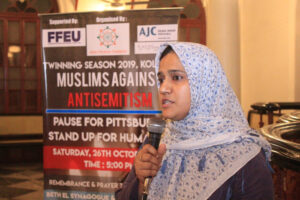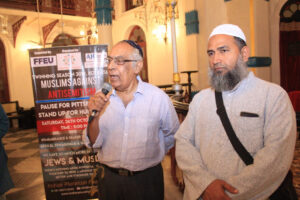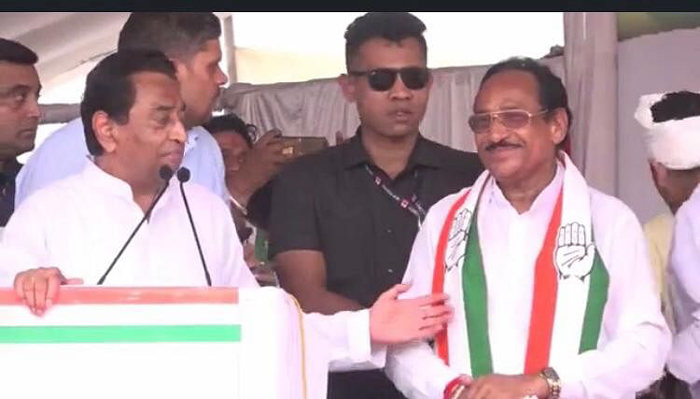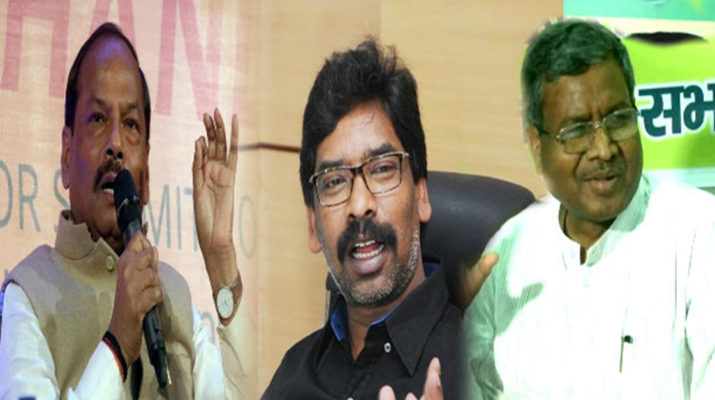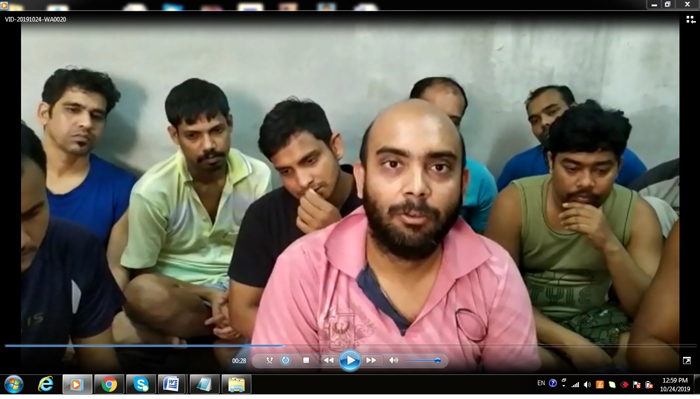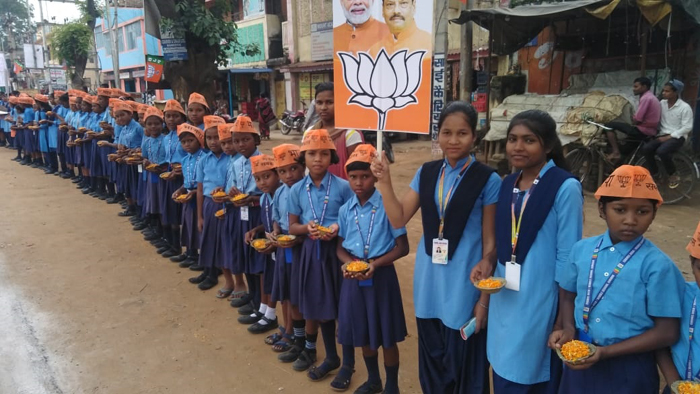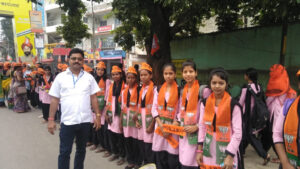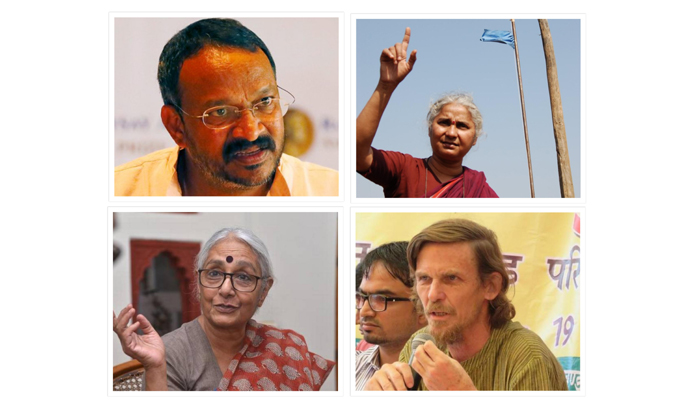[dropcap]I[/dropcap]ndia’s migration politics — an assertion that there are 40 million Bangladeshi migrants illegally living in India and that they must be pushed back — will morph into an explosive crisis in South Asia and destabilize the region.
This is how things will unravel: India’s plan to round up suspected millions of illegal migrants and detain them in now-under-construction concentration camps will give Hindu nationalist zealots a license to terrorize Muslims, forcing them to flee into neighboring countries.
India-Bangladesh and migrant issue
In an attempt to avoid detention, many of these non-citizens as well as citizens, especially those in highly charged states of Assam and West Bengal, will rush toward Bangladesh because of its proximity. India’s most friendly but highly sensitive neighbor, Bangladesh, will refuse them entry, creating tremendous border tension and a humanitarian disaster.
Enraged by the plight of the Muslims at their border, Bangladeshi Muslims will turn against their fellow Hindu countrymen. Any atrocity on Hindus in Bangladesh, in turn, will infuriate India’s Hindus, who will vent their anger on Muslims in India.
India will get more than it is bargaining for if it pushes its long-term residents into Bangladesh: Violent anti-India street protests will rock the Muslim-majority nation of 163 million Bengalis; pro-India Prime Minister Sheikh Hasina’s government will fall; and Hindus in Bangladesh will face Muslim fury, forcing them to flee to India.
Unless Delhi halts its misguided politics, this vicious sectarian tension will spiral out of control and spread all over the region and beyond, perhaps to the Middle East and Europe, where Muslim presence is significant. India will face an international public-relations nightmare, which will force it to divert attention from its most pressing task on hand, fixing the country’s economy.
India will get more than it is bargaining for if it pushes its long-term residents into Bangladesh: Violent anti-India street protests will rock the Muslim-majority nation of 163 million Bengalis; pro-India Prime Minister Sheikh Hasina’s government will fall; and Hindus in Bangladesh will face Muslim fury, forcing them to flee to India.
How the crisis began
India’s current migration politics has its roots in its northeastern state of Assam, where local politicians have periodically incited violent protests over the past 70 years to drive out non-Assamese — both Hindus and Muslims — stoking regionalism for parochial political gains.
The non-Assamese, mostly Bengali-speaking people from today’s Bangladesh and West Bengal, routinely voted for the Congress Party because of its secular platform. Assam and Bengal were once one administrative unit under the British, and people moved freely throughout the region.
After Britain divided India — as well as Assam and Bengal — in 1947, many East Pakistan-based Hindus migrated to India and settled in Assam. This influx of migrants made indigenous Assamese angry and local politicians exploited this resentment to their advantage. A student group that waged a six-year-long anti-Bengali violent campaign captured state power in 1985 and again in 1996.
Of India’s 1.3 billion people, 14 percent are Muslim. Modi’s party does not target migrant Bangladeshi Hindus, rather promises them citizenship. But it seeks to deport Muslims, showing its anti-Islam bias. In fact, India has already deported several ethnic Rohingya Muslim refugees to Burma and detained hundreds of them. Modi faced global criticism for the Muslim massacre in 2002 in his home state of Gujarat. He ruled Gujarat for 13 years before becoming prime minister in 2014.
Then came Prime Minister Narendra Modi in 2014, and Hindutva — the anti-minority politics of Modi’s Bharatiya Janata Party — followed. Modi swept to power with a promise of jobs and growth, downplaying his roots in the powerful Hindu-nationalist group RSS — Rashtriya Swayamsevak Sangh, or the National Volunteer Organization. After a heavy defeat later on in Bihar, the BJP adopted an aggressive line, spreading the sectarian venom that India is a Hindu nation, and blacklisted minority Muslims.
Of India’s 1.3 billion people, 14 percent are Muslim. Modi’s party does not target migrant Bangladeshi Hindus, rather promises them citizenship. But it seeks to deport Muslims, showing its anti-Islam bias. In fact, India has already deported several ethnic Rohingya Muslim refugees to Burma and detained hundreds of them. Modi faced global criticism for the Muslim massacre in 2002 in his home state of Gujarat. He ruled Gujarat for 13 years before becoming prime minister in 2014.
During his election campaign, Modi told migrants in states bordering Bangladesh to keep their “bags packed,” ready to be sent home. But he waited until his re-election in 2019 to bring up the issue with Bangladesh.
Indo-Bangla uneven bonds
Since Hasina returned to power in Bangladesh in 2009, Dhaka-Delhi relations have improved remarkably to such an extent that many Bengalis think India is the strongest leg of her throne.
Indeed, Hasina has always been India’s favorite. When Bangladesh fought against Pakistan for independence in 1971, Delhi played the midwife, and later stood by Hasina’s father Sheikh Mujibur Rahman, Bangladesh’s founder. After his assassination in 1975, India sheltered a young, orphaned Hasina.
In 1981, India nudged the military-strongman-turned-president, General Ziaur Rahman, to ensure her safe return home, paving the way for her to capture power in 1996. Later, Delhi helped Hasina defeat the slain president’s widow, former Prime Minister Khaleda Zia, in the 2008 parliamentary poll.
A grateful Hasina repaid her debt in kind by handing over an Indian separatist leader to Delhi, signing a land boundary agreement, and allowing India to ferry food and grains to its landlocked Northeast through Bangladesh. On top of all this, she turned down a Chinese offer to help build a military base in Bangladesh to keep India happy.
To reciprocate her gesture, Modi in 2015 singed 22 agreements with Bangladesh during a visit to Dhaka, and extended a $2 billion credit line and pledged $5 billion worth of investments. And, when Hasina visited Delhi in 2017, she signed two defense pacts, the first such deals between India and any of its neighbors, enabling the two countries to conduct joint military exercises and training.
Dhaka-Delhi ties face test
But all these goodwill gestures may soon start unraveling, thanks to an explosive claim by Modi’s hard-line government that the 40 million Bangladeshi illegal migrants must be sent back home.
Bangladesh’s Home Minister Asaduzzaman Khan flatly dismissed India’s claim. He told Shah that Bangladeshis do not stay illegally in India, because Bangladesh’s economy is at par with India’s, if not better. (Bangladesh will post 8 percent growth in 2019, against India’s 5 percent.) The matter became so acrimonious that the two sides failed to issue to a joint statement after the talks ended. Upon his return home, Khan fumed over it.
Modi’s party campaigned on this issue during the 2019 general election and won a landslide victory. Bangladesh initially dismissed the campaign rhetoric as domestic politics. But in August India’s hardline Home Minister Amit Shah, who is likely to succeed Modi, raised the matter with his Bangladeshi counterpart during talks in Delhi.
Bangladesh’s Home Minister Asaduzzaman Khan flatly dismissed India’s claim. He told Shah that Bangladeshis do not stay illegally in India, because Bangladesh’s economy is at par with India’s, if not better. (Bangladesh will post 8 percent growth in 2019, against India’s 5 percent.) The matter became so acrimonious that the two sides failed to issue to a joint statement after the talks ended. Upon his return home, Khan fumed over it.
India, however, seems determined to push its agenda. It has started a campaign to round up Muslims unless they can prove they have lived in India since before 1971 when Bangladesh was born. They will be put in concentration camps, which ironically the migrants themselves are building now. India has classified nearly two million of its long-terms residents as non-citizens, making them stateless.
Dhaka is nervous because India may seek to push at least the alleged Muslim migrants into Bangladesh, the world’s most densely populated country with an area of 56,000 square miles, less than 5 percent of India’s size, just about the size of New York state.
“Amit Shah has made an unwanted remark by describing Bangladeshis as termites. We, in Dhaka, do not give any importance to his statement as it does not carry the gravity of an official statement of India,” Bangladesh’s Minister of Information Hasanul Haq Inu lashed out.
“India is keen to sign a pact with Bangladesh for deportation of illegal immigrants,” Press Trust of India news agency reported following the Shah-Khan talks, adding “Shah is known for his tough stand against unabated illegal immigration from Bangladesh to India.”
Bangladeshis remember Shah as the notorious man who called them “termites.”
“Amit Shah has made an unwanted remark by describing Bangladeshis as termites. We, in Dhaka, do not give any importance to his statement as it does not carry the gravity of an official statement of India,” Bangladesh’s Minister of Information Hasanul Haq Inu lashed out.
Now, Bangladesh must. Shah, as Home Minister, is India’s official voice.
Hasina and Modi discussed the issue twice, first at the United Nations in September and then in Delhi early October, with no apparent resolution. India’s position is self-contradictory. Modi says one thing, but his party and state leaders say another. Modi says it is India’s internal matter and will no way affect Bangladesh, but his cohorts are hell bent upon deporting the migrants.
Bangladeshis are fuming over several deals Hasina signed early October during her visit to Delhi. First, she agreed to give Feni River water and liquefied natural gas to India — both which are in short supply in Bangladesh — even though the long-standing dispute over sharing the Teesta River water remains unresolved. Second, she signed a pact on coastal surveillance radar stations to help India monitor China’s naval movements, which is sure to irk Beijing, a major investor in Bangladesh. Finally, she agreed to let India use Bangladesh’s ports to transport Indian goods without reciprocal benefit to Dhaka. All these agreements are seen by her countrymen as concessions to India without reciprocity.
Cuba-type scenario possible
On top of all this, what makes Bangladeshis even more jittery is the fear that its neighbor might export convicted criminals dubbing them as illegal migrants, as Cuba sent mental patients and miscreants to the United States in 1980.
Any such move by India would have a far-reaching consequence for its relations with Bangladesh. It will not only undermine Hasina’s government, but also give fodder to Islamic extremists whom she has largely kept under control. Another worrisome prospect is there may be a repeat of the bloodbath that followed British India’s partition in 1947.
Any forced dumping of Muslims from India will be catastrophic for Bangladesh’s 20 million Hindus. Infuriated by India’s action, Bangladeshi Muslims will vent their anger on their fellow Hindu countrymen, forcing them to flee to India, the way they did in 1971 after Pakistan committed genocide in East Pakistan.
Such an exodus, in turn, will enrage the already psyched-up saffron soldiers of Modi’s party, who will be more than pleased to turn Hindustan into an anti-Muslim battleground, just to avenge historical humiliation of the Hindus under Muslim rulers for a thousand years, if nothing else.
If terrorized badly enough, India’s nearly 200 million Muslim citizens may start flocking to Pakistan, an outcome that orthodox Hindus wish for; alternatively, they may fight back the hyper-nationalist Hindus, as the British minorities did against the “skinheads” in the 1980s. This vicious cycle of communal hostility will push the region into chaos and misery, dimming its economic prospects for decades.
Views expressed here, are author’s personal opinion.


